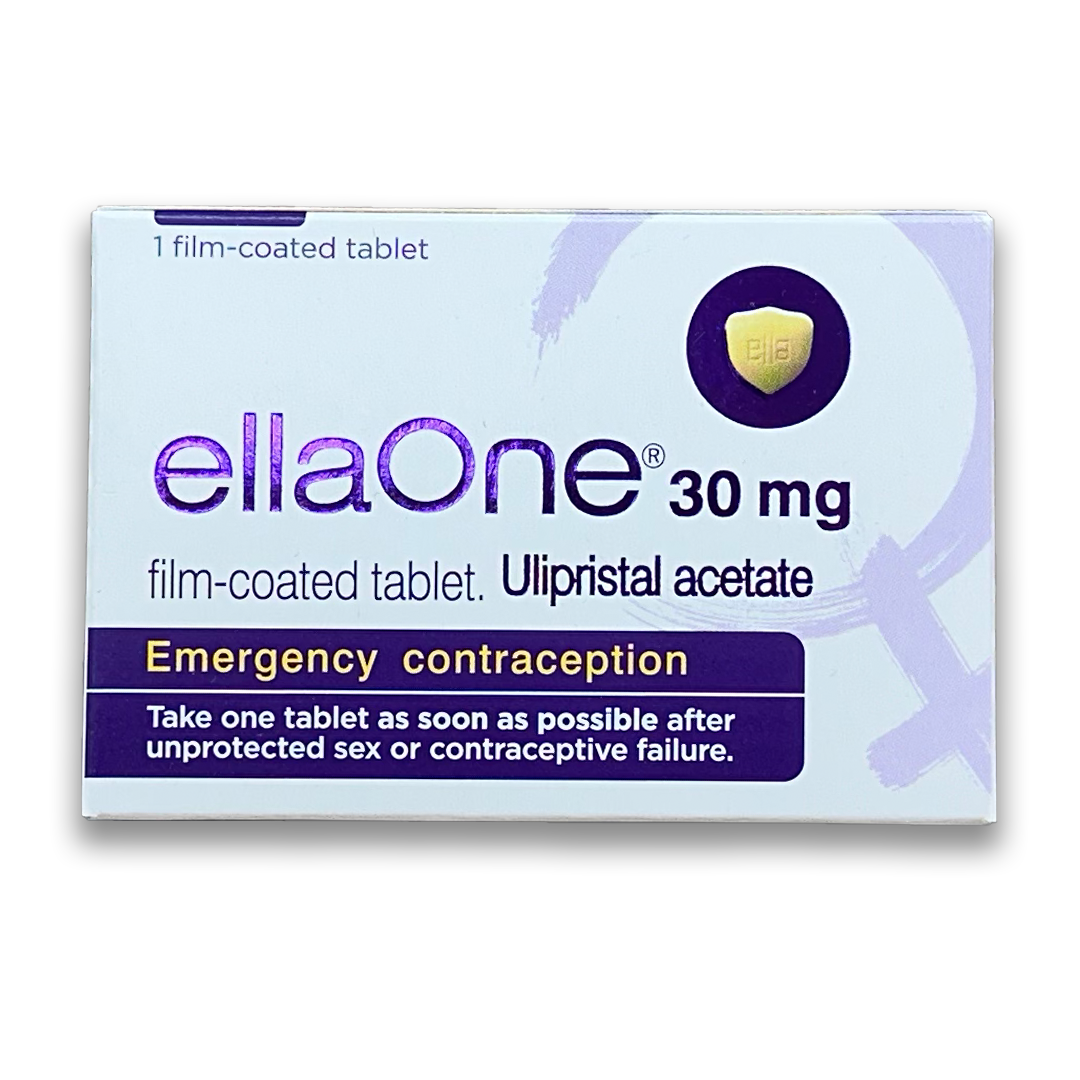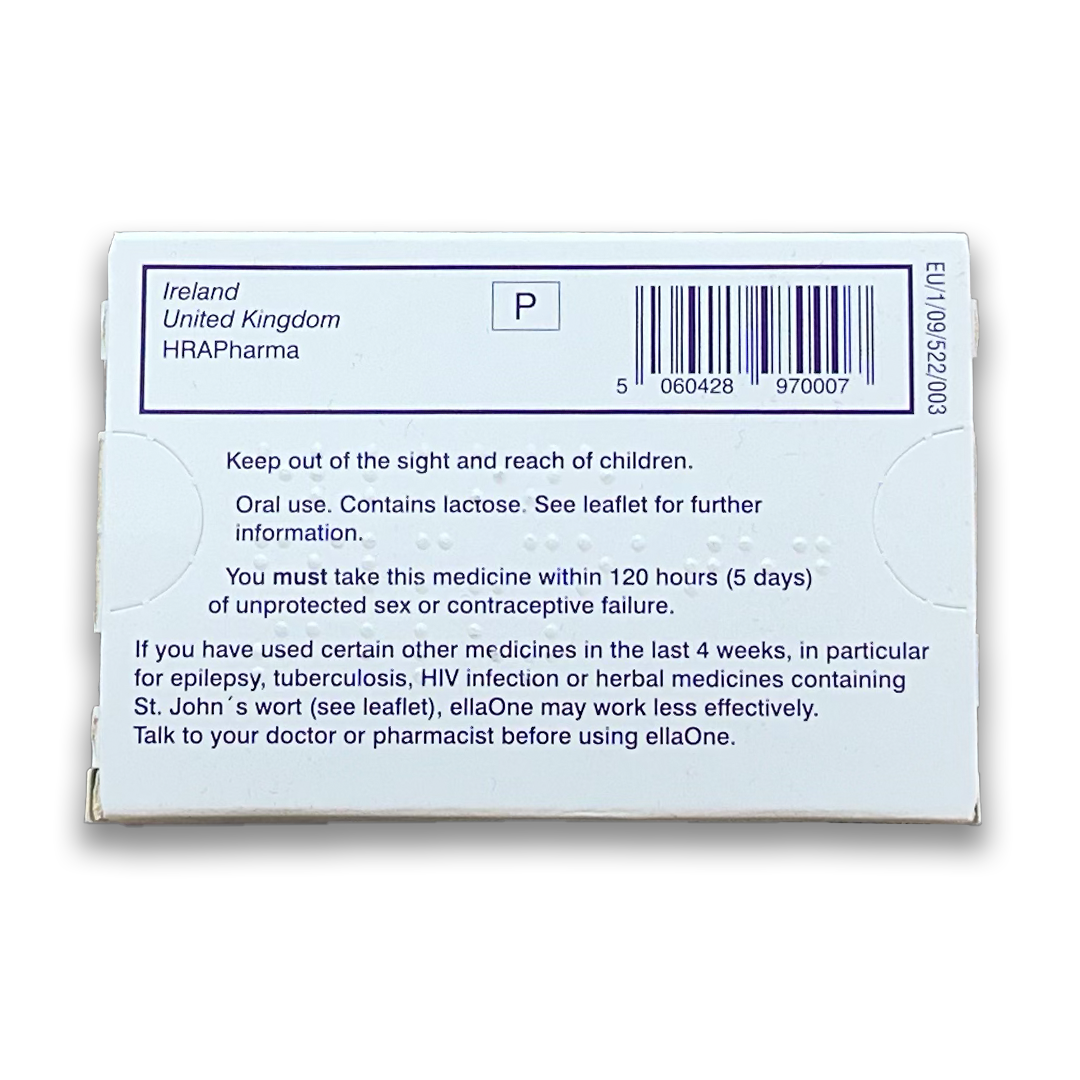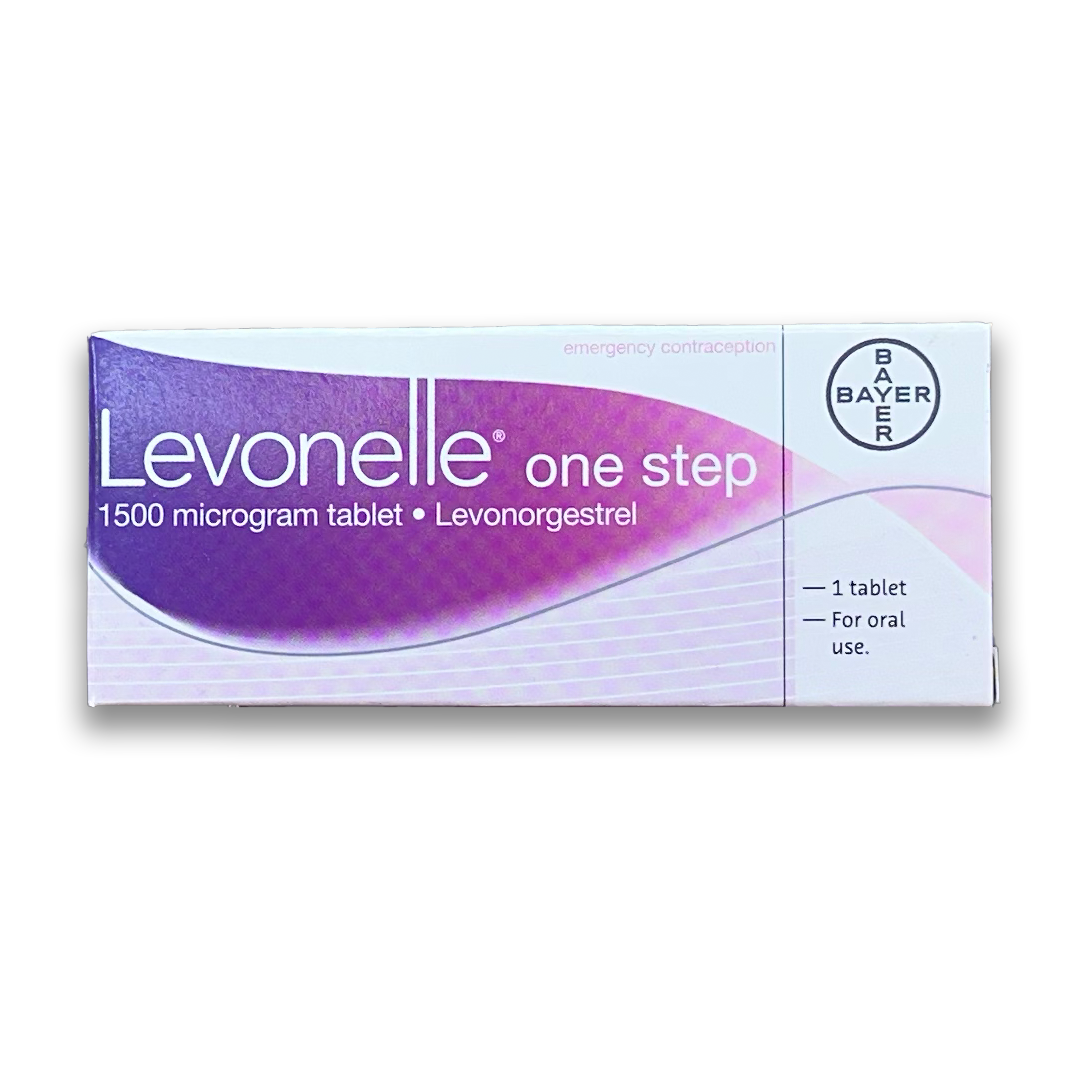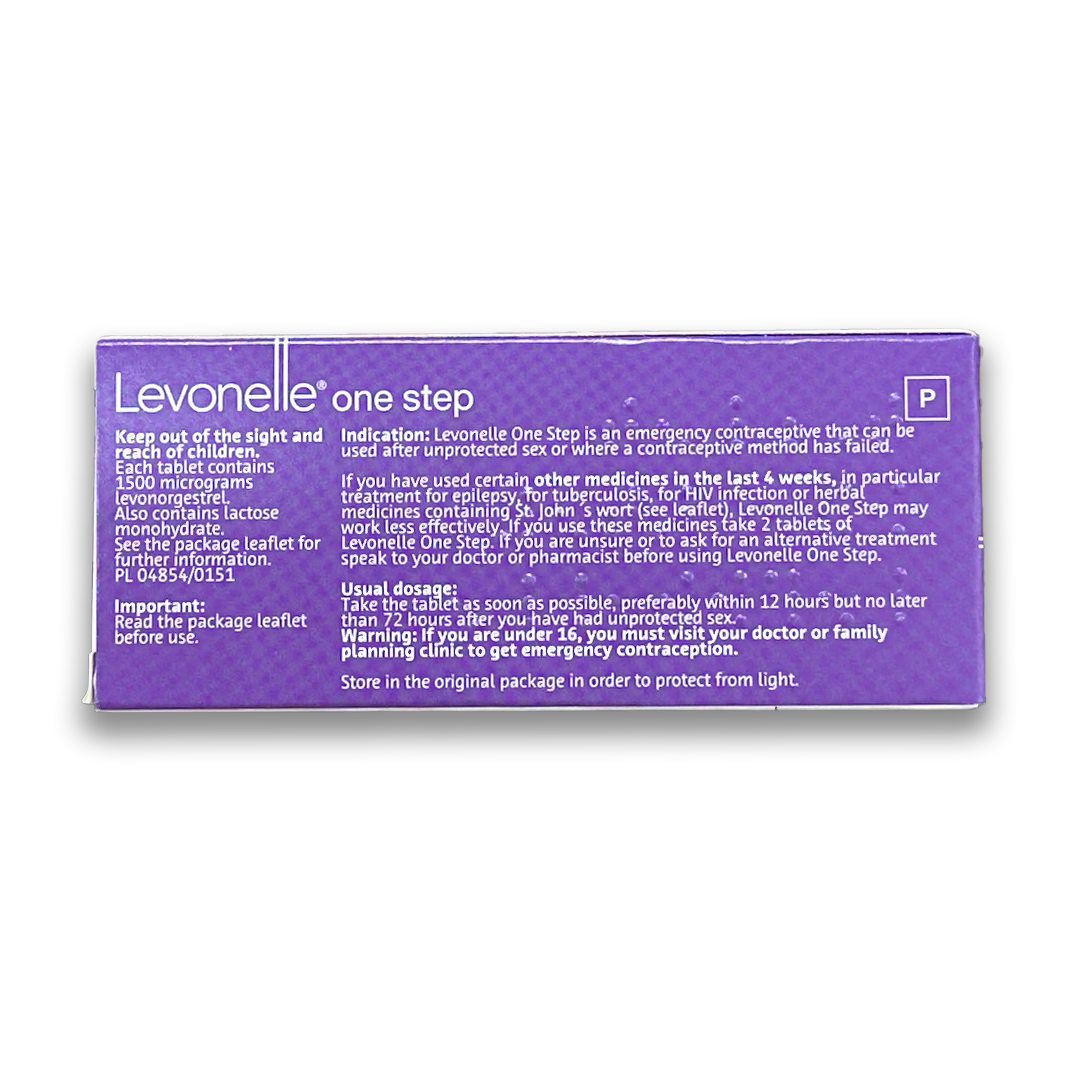
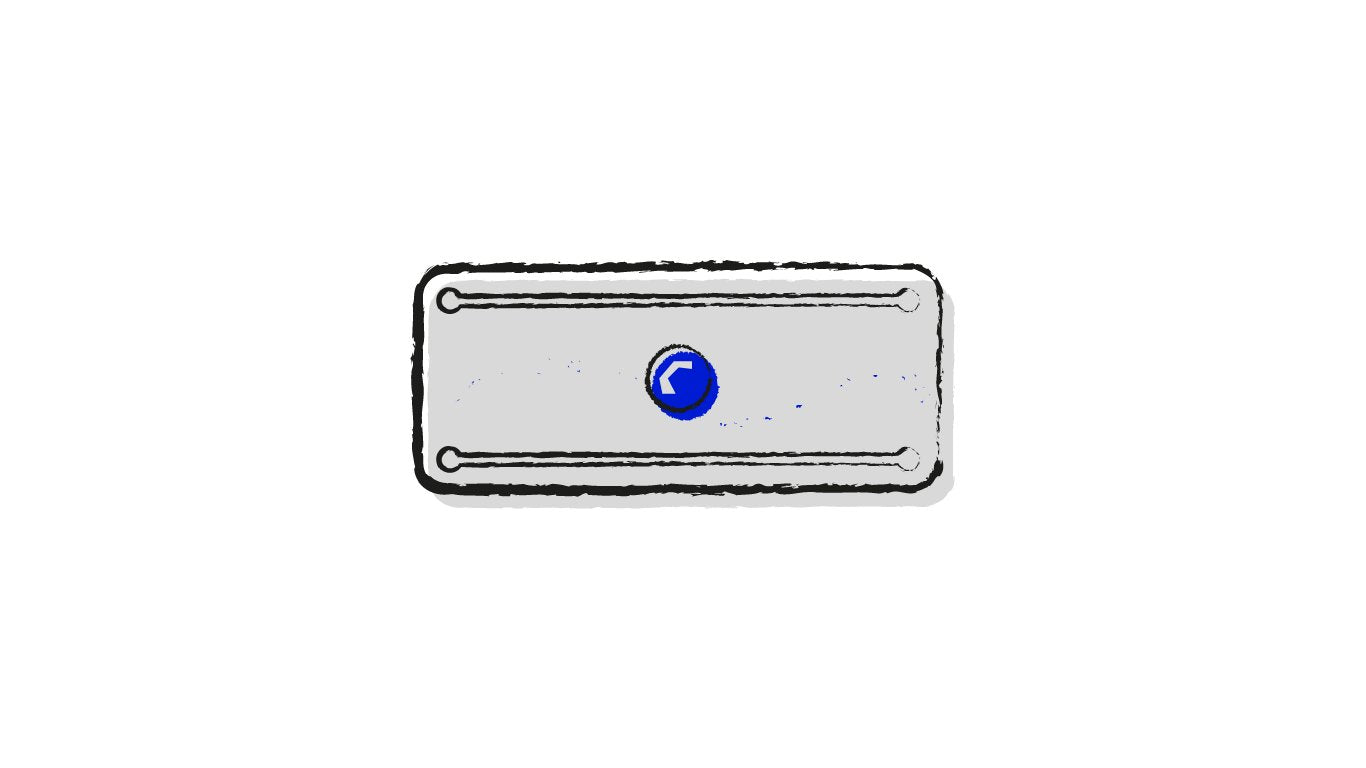
About Emergency Contraception
Methods of Emergency Contraception
Who Should Use Emergency Contraception
Treatments
Why Emergency Contraception Is Important
Further Info
FAQs
How soon after unprotected sex should I take emergency contraception?
Can emergency contraception cause an abortion?
Can I use emergency contraception multiple times in a month?
s emergency contraception available without a prescription?
We are here to help 👋
For assistance, please contact our customer service at info@rightangled.com. We are available Monday to Friday from 8 am to 5 pm. For urgent issues, please do not use this email. Instead, call 111, or dial 999 in case of an emergency.

